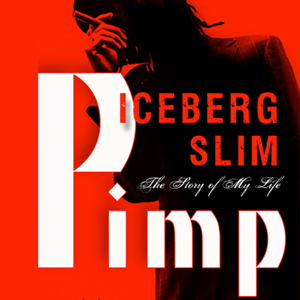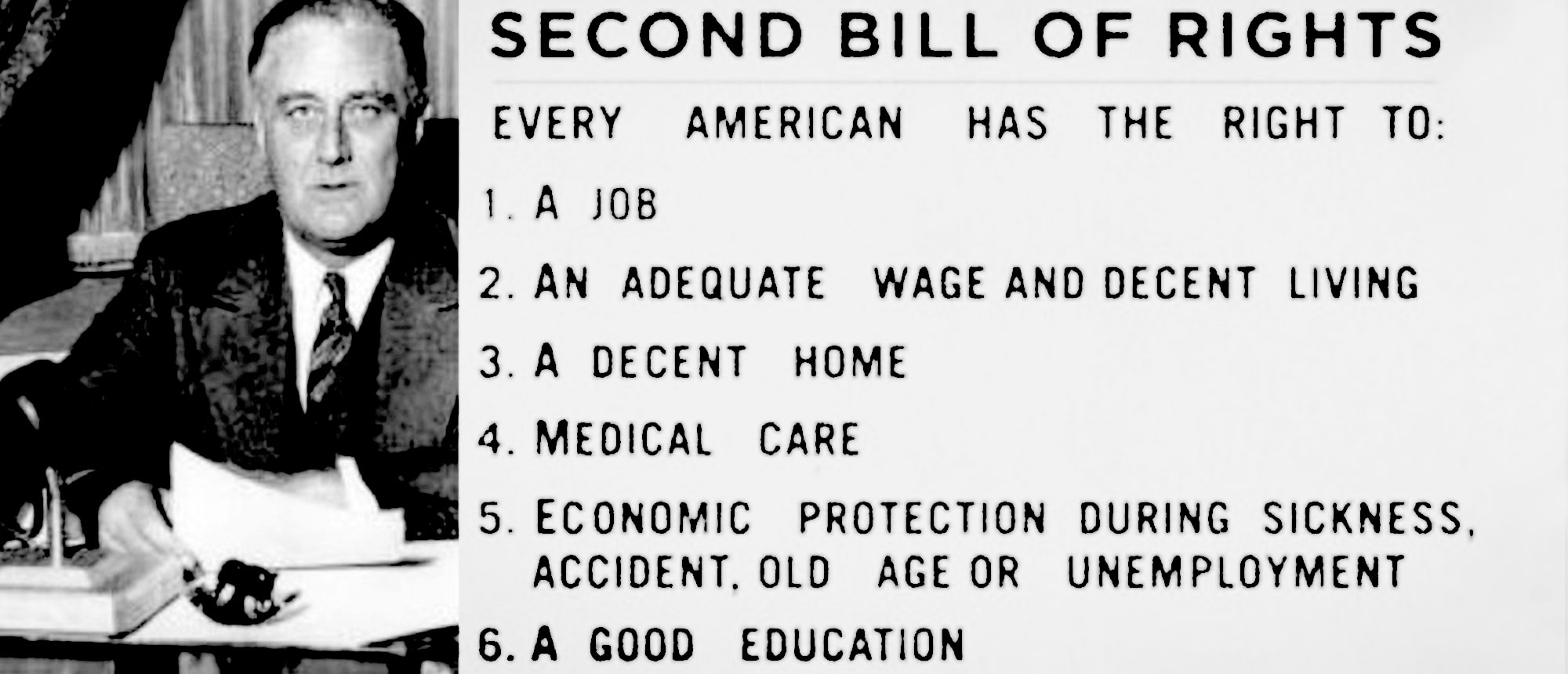(ThyBlackMan.com) To a very large degree “street lit” has replaced the burgeoning interest in books on African and African American history and culture displayed in the 1990s. However, graphic tales of sex and violence first began to make their presence felt as far back as the sixties, with the books of Donald Goines and Robert Beck, and today they dominate sales to the African American reading public. Yes, they are shunned by the Black middle class, but they are being devoured by those of lesser means. Professor Regina Bernard in the chapter “Street Lit and Black Academics,” in her volume, Say It Loud: Black Studies, Its Students and Racialized Collegiate Culture, focuses on this dynamic in Black literature today. Let’s take a look at what she has to say. . .
There is this notion that there exists in this country a “culture of poverty.” Namely, that over and above whatever outside pressures poor African Americans face, they have developed a series of negative behaviors, now endemic to much of Black culture. The idea in well-heeled Black circles that negative depictions of Black life hold back the “progress of the race” embody this sentiment. However, Oscar Lewis, a pioneer in the development of the idea of the culture of poverty “did not consider the slums, crime, and impoverished climate of White urban dwellers of New York circa 1893.
He found no interest in studying these white ‘slum dwellers’ (as he identifies Puerto Ricans in his book La Vida: A Puerto Rican Family in the Culture of Poverty) although it was this white population that resulted in the composition of ‘street literature’ and/or ‘broadside ballads’ as they were called between the 16th and 19th centuries. The writings from that time period depict richly descriptive stories and narratives of ‘street life’ that were as gruesome and grisly as street lit writings of today.”
Stephen Crane, for example, in Maggie: A Girl of the Streets “wrote about infants and toddlers who found playgrounds in gutters and  alley-ways, undergarments hanging on fire escapes waving in the stale air like family flags, litter-lined streets and sidewalks, and women who screamed and cursed among and at each other. He gave readers women who gossiped, beat their children and their husbands while rewarding themselves with over-indulgence in alcohol and domestic violence.” Beginning in the 1960s, thanks to writers like Beck and Goines, “a new version of street life, while painful to experience and even recount, became popular, exciting, sociopolitical, and empowering for many to read and write about.”
alley-ways, undergarments hanging on fire escapes waving in the stale air like family flags, litter-lined streets and sidewalks, and women who screamed and cursed among and at each other. He gave readers women who gossiped, beat their children and their husbands while rewarding themselves with over-indulgence in alcohol and domestic violence.” Beginning in the 1960s, thanks to writers like Beck and Goines, “a new version of street life, while painful to experience and even recount, became popular, exciting, sociopolitical, and empowering for many to read and write about.”
These books emerge “as a kind of fusion of school textbook (for young men disaffected with, disappointed by, and economically excluded from institutionalized schooling), a sacred players’ bible, and a self-help or etiquette manual on sexual relations and style practices, all of which involve very active reading practices.” The “heroic hustler” while excluded from academic discourse “grows stronger in this underground narrative and attracts more young men (and women) than figures in plain sight. This invisibility not only continues to perpetuate this oppression but also continues to marginalize populations that do not see themselves represented in academic structures.”
Regina Bernard feels strongly that the estrangement of academia from street lit – a major vehicle for promoting literacy, produced by the disenfranchised and oppressed themselves and which many students are already well acquainted with – deprives teachers of a valuable pedagogical tool and further hardens the division between the classes. Yes, she concedes, many of these novels appear to be poorly written and seem to glorify misogyny and predatory behavior, and, yes, many of the early writers were victimized by their white publishers. But, in studying these works, these very issues can be put on the table and critically discussed in an engaging, fruitful give-and-take. In so doing do we not help bridge the class divide and elevate the level, content and impact of the writing that thoroughly dominates the reading fare of our community
Staff Writer; Arthur Lewin
This talented author has just published a NEW book which is entitled; AFRICA is not A COUNTRY!.
For more articles written by this talented brother click on the following link; https://thyblackman.com/?s=lewin.




















What’s sad is that we African Americans are still calling ourselves BLACK because Caucasian oppressors called us that to contrast their color and to assign to us all the negative things BLACK is equated with in the dictionary. The fact is, like it or not and believe it or not, YOU ARE BROWN and your car tires are black. You can say black is a culture but when they deal with you, they deal with you based on it’s definition – dismal, gloomy, dark, diabolical, treacherous, devoid of light. WAKE UP AFRICAN AMERICANS. We do not call the Asian yellow man because he would not stand for it. We do not call the Native American a red man because he would not stand for it. We do not call the Hispanic man a brown man because he would not stand for it. And many Africans, Haitians and Jamaicans do not accept being called a color they know they are NOT.
Ironically, African Americans are the only ethnic group/race on the planet which allows ourselves to be called a color we are not, allowing ourselves to be defined by color, by someone else and to allow ourselves to be attached to a color we are not – a color they filled with negative denotations. Then we fight to help keep the lie in place. Is it any wonder that cops treat us as BLACK people by the definition of dismal, gloomy, treacherous, evil etc? We will never rise and overcome as a people if we allow other groups to define us, to define us with a lie and we are sadly willing to help them. AFRICAN AMERICAN LIVES MATTER PEOPLE. Black is the color of my car tires, not my skin. I am a family and relationship counselor who specializes in deprogramming African Americans from slavery mindsets.